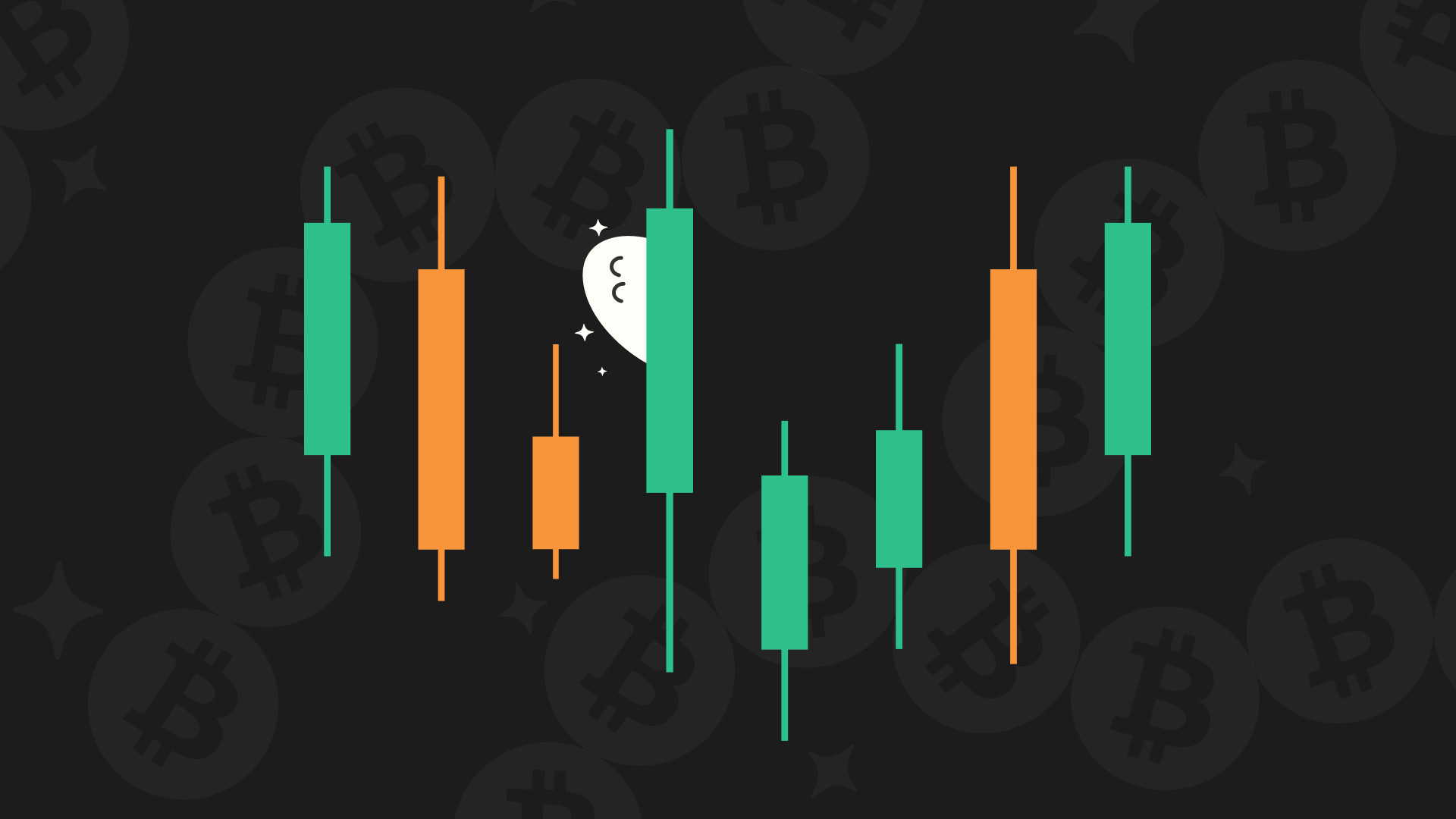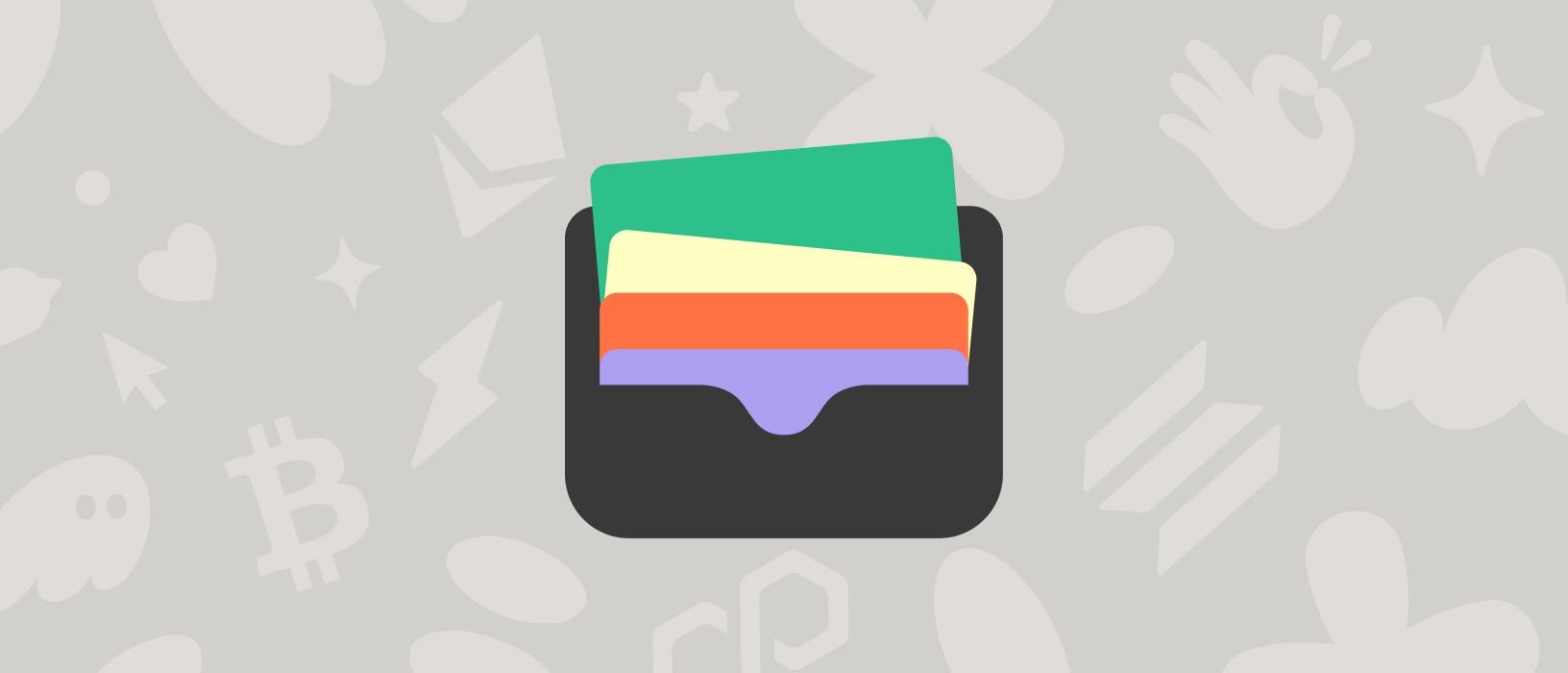Bitcoin (BTC) ETFs, or exchange-traded funds, have been a hot topic in the last couple of months.
The result? A daily wave of trading volume and growing interest from both big money and everyday investors.
In this guide, we’ll break down what Bitcoin (BTC) ETFs are, why they matter, and how they’re shaking up the market.
What is an ETF?
ETFs, or exchange-traded funds, first emerged in the early 1990s.
At that time, the concept of ETFs was revolutionary because it combined the features of both mutual funds and individual stocks. Like mutual funds, ETFs offered investors diversified exposure to a basket of assets, but like individual stocks, they could be bought and sold on stock exchanges throughout the trading day.
Following the success of the first ETFs, the asset class quickly gained popularity among investors seeking cost-effective, diversified investment options. In the late 1990s and early 2000s, ETF providers introduced a variety of new ETFs tracking different asset classes, sectors, and investment strategies.
Over the years, the ETF market continued to expand and evolve, with innovations such as leveraged and inverse ETFs, which offer amplified exposure to market movements, and thematic ETFs, which focus on specific investment themes or sectors.
Today, the ETF market has grown into a multi-trillion-dollar industry, with thousands of ETFs available to investors covering virtually every asset class, region, and investment strategy imaginable.
As such, ETFs have become an integral part of the investment landscape, offering investors a convenient, cost-effective way to build diversified portfolios and gain exposure to a wide range of investment opportunities.
What is a Bitcoin ETF?
There are two main types of Bitcoin ETFs: Bitcoin Spot ETFs and futures-based Bitcoin ETFs.
A Bitcoin Spot ETF is an exchange-traded fund that directly holds Bitcoin as its underlying asset. As for futures-based Bitcoin ETFs, their value is derived from Bitcoin futures contracts, and don’t actually own and custody native Bitcoin.
An advantage of spot ETFs is you gain exposure to the price movements of Bitcoin without needing to buy, hold, and secure Bitcoin yourself. Instead, you can buy shares of the ETF through your brokerage accounts, similar to purchasing shares of a stock. The ETF then holds Bitcoin on your behalf.
In January 2024, the SEC approved the first US-listed Bitcoin Spot ETFs—a watershed moment for the world's biggest cryptocurrency and the broader crypto industry.
Since then, Bitcoin Spot ETFs continue to gain momentum.
Crypto ETFs: future outlook
The success of the Bitcoin Spot ETFs has been unprecedented.
That said, Bitcoin likely won’t be the final stop on the crypto ETF train. Ether—Ethereum’s native token—now has its own lineup of spot ETFs, and many believe Solana’s SOL could be next in line to join the party.
While the Bitcoin network leverages the proof of work (PoW) mechanism and Bitcoin is considered a store of value i.e. “digital gold,” both the Ethereum and Solana networks are based on the proof of stake (PoS) mechanism and their native tokens aren’t necessarily seen as stores of value. As a result, the path to broader ETF adoption for Ether and SOL may be less straightforward, as investors first need to better understand how these networks work and what sets them apart.
Regardless, the success of Bitcoin Spot ETFs has given the entire crypto ecosystem a much-needed wave of momentum—so it will be interesting to see how things develop going forward.
How to buy Bitcoin (BTC) directly with Phantom
Bitcoin Spot ETFs may be easy to access, but they come with trade-offs:
- Complexity: Each Bitcoin Spot ETF has a different ticker, price, and custodian—making it extremely difficult to get a good overview and make a confident purchasing decision. However, when you buy Bitcoin directly, there's none of that and only one ticker: BTC.
- Fees: When you buy shares in an ETF, you’ll have to pay multiple fees—which can be significant depending on your spend. Conversely, if you purchase Bitcoin directly, you avoid management and middleman fees and only pay transaction i.e. network fees.
- Self-custody: ETFs, while convenient, entrust custody of your BTC to the issuer, meaning your access hinges on third-party control. This reliance exposes you to risks such as insolvency, regulatory interference, or unexpected restrictions. The premise is simple: Not your keys, not your coins. Self-custody, however, ensures you maintain full ownership and control of your assets, empowering you to manage them independently and eliminating reliance on intermediaries. By using a crypto wallet, such as Phantom, you can buy and store BTC, ETH, and SOL directly and participate in the crypto ecosystem without taking on significant counterparty risks.
Download Phantom and take control of your financial freedom.
Getting started with Phantom
Phantom offers browser extensions for Firefox, Chrome, Brave, and Edge, as well as apps for iOS and Android.
- First, download Phantom
- Then, create a new wallet
- Once you do that, you're ready to go!
To fund your Phantom wallet, read our Apple Pay and Google Pay guide.
How to share Bitcoin (BTC) with friends and family
Know someone who might be interested in Bitcoin? You can share a simple token page with them so they can get involved.
Here's how:
- Open Phantom
- Search for e.g. “BTC” and select the token
- Click the “Share” button
- Copy the link
- Send the link through your preferred app, such as iMessage, Telegram, Instagram, or others
When you share this link, the recipient will receive the official BTC on Solana (Coinbase Wrapped BTC) token page from Phantom.
FAQs
Disclaimer: This guide is strictly for educational purposes only and doesn’t constitute financial or legal advice or a solicitation to buy or sell any assets or to make any financial decisions. Please be careful and do your own research.







